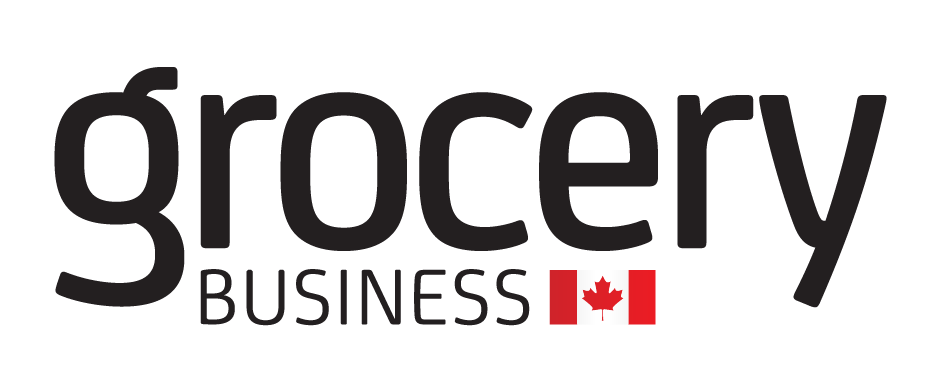
By Sylvain Charlebois
We know the food industry has been adopting Artificial Intelligence (AI) slowly compared to other sectors, but that’s changing. While Facebook reached one million members in 10 months, ChatGPT hit that total in just five days. Things are changing fast, and grocers will be impacted.
Machine learning and AI have been around for 15 to 20 years, but the Elon Musk-funded company OpenAI, which designed ChatGPT, provided public demos to show the world what AI can do. It could be a game changer for the food industry. AI doesn’t create knowledge, at least not yet, but it can help us forecast and become better planners and risk managers.
Visits to the grocery store could change. Shoppers could, for example, have AI optimize their diet based on what’s more affordable that day before they browse the aisles physically at the store. In fact, while Sobeys launched Ricardo’s AI tool in April for Quebec, Canadians now have access to a tool that cuts through all the noise so they can know how to set menus based on the most affordable food available, depending on where they live. The “Inflation Cookbook,” launched in April by SkipTheDishes and its rapid grocery and convenience delivery service, Skip Express Lane, is an AI-powered meal-planning tool to help Canadians source affordable and nutritious food items and optimize their weekly grocery budgets. And this is just the beginning.
As AI becomes better understood, grocers will enhance its use. Knowing consumers are better equipped to confront higher food prices, grocers will likely use more dynamic pricing. For example, if a product sells, prices go up using digital tags. It’s already happening in many places around the world. Accessible AI could cause consumers to appreciate the utility of dynamic pricing in real time. Things could get interesting.
Consumers are affected by everything – mood, weather, context, the economy, pricing – and that impacts our food choices. Seeking an ideal balance between supply and demand could stabilize food prices over time.
With ChatGPT and other emerging chatbots, we will better understand what lies ahead. The food industry, especially grocers, will likely respond by embracing more technologies and engaging consumers as active participants.
AI won’t have an answer for every challenge the food industry is facing. Technology has no ethics and no morals, and today, food is all about those values. Grocers have forever been caught in this skittish symmetry between traditions, cultures, and technologies. New advanced approaches cannot be used to the detriment of what food represents for consumers and communities. OpenAI, like the internet, could change our world.
Some predict that by 2050, one computer will have the capacity of all human brains on earth. Grocers need to be ready for this.
Sylvain Charlebois is a professor in food distribution and policy, senior director of the Agri-Food Analytics Lab at Dalhousie University, and co-host of The Food Professor podcast

